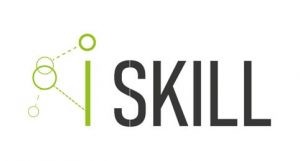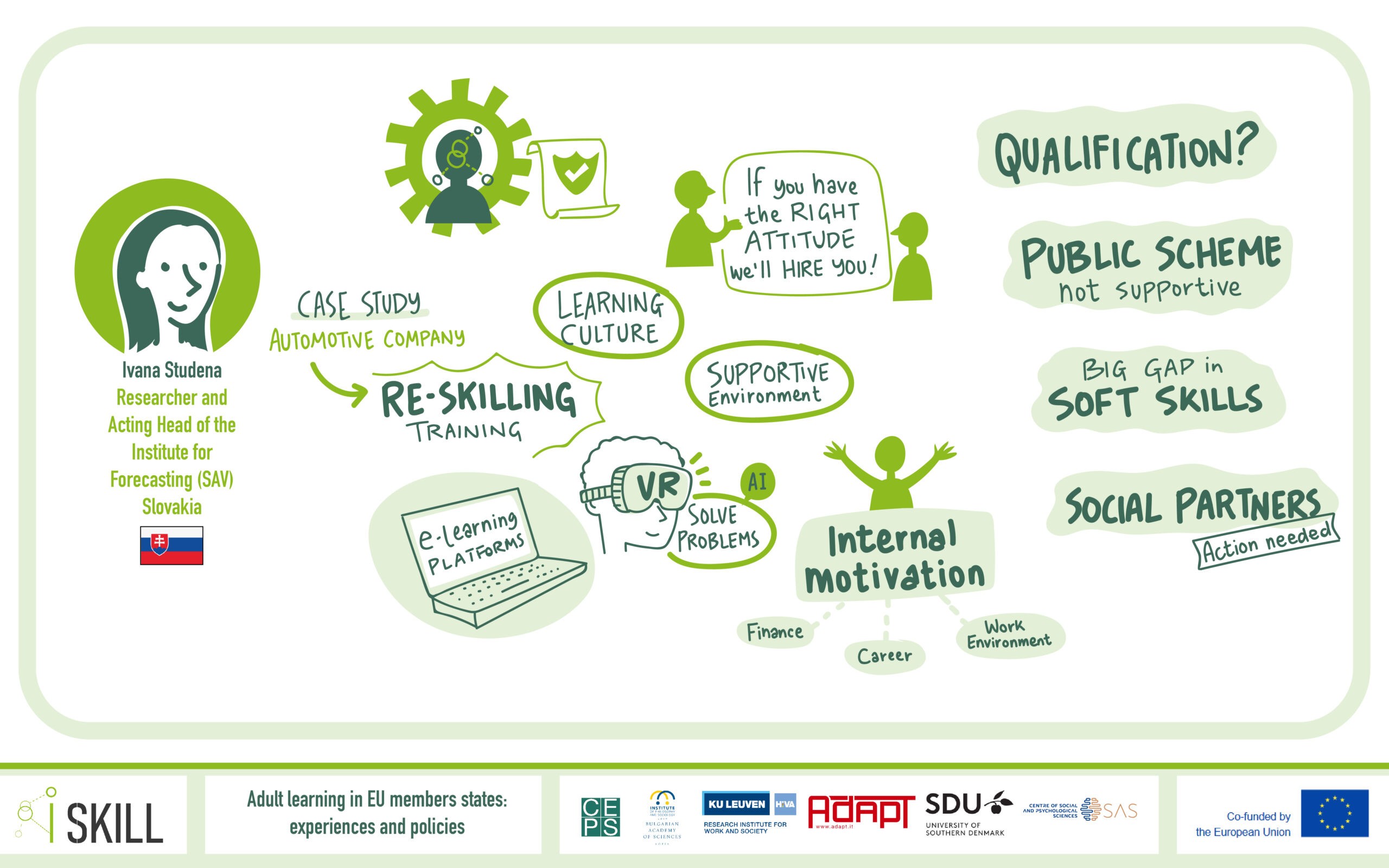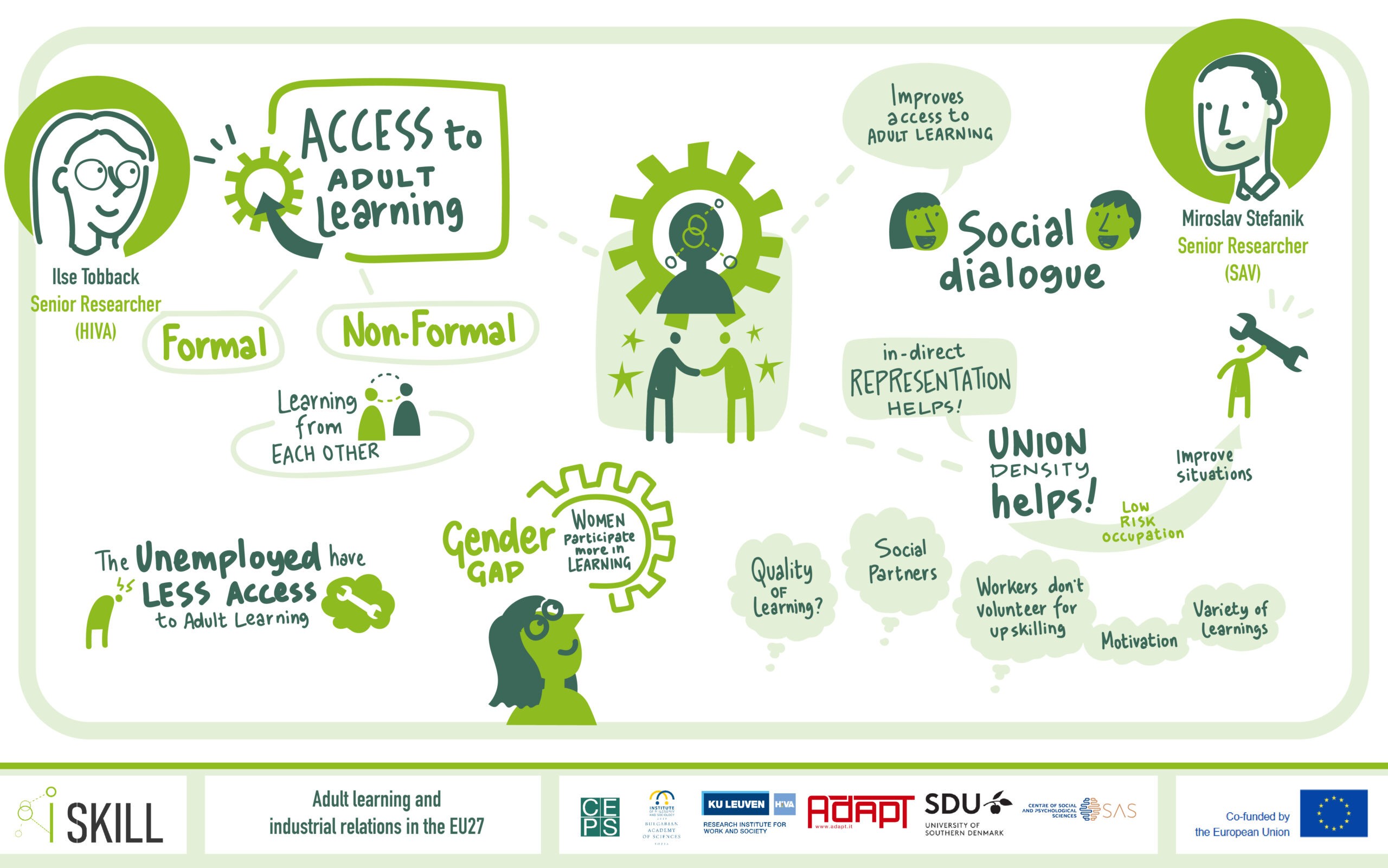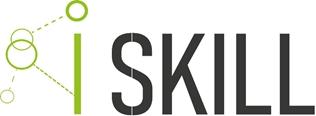
- Basic information
- Project description
- Objectives
- Methodology
- Project partners
- Project activities
- Planned outputs
- Institute for Forecasting, CSPS SAS, v. v. i.
- ISKILL
- VS/2021/0208
- Ivana Studená
- 1.9.2021 - 31.8.2023
- Mgr. MA. Lucia Mýtna Kureková, PhD., Mgr. Denisa Fedáková, PhD., Ing. Miroslav Štefánik, PhD., Mgr. M.A. Lucia Kováčová
- Belgium, Bulgaria, Denmark, Italy
- EaSI (Employment and Social Innovations)
- This project is funded by the European Union under the Employment and Social Innovation Programme (EaSI).
- CEPS (Belgium) (Lead Partner), Adapt International (Italy), HIVA, University of Leuven (Belgium), Institute of Philosophy and Sociology, Bulgarian Academy of Sciences (Bulgaria), University of Southern Denmark (Denmark)
I SKILL is a research project to study how industrial relations and social dialogue can drive progress in adult learning in the EU. It will look at how these can support universal right to adult learning and ensure that all workers can exercise this right through access to quality learning opportunities during the green and digital transition. The project will provide comparative knowledge on how industrial relations and social dialogue contribute to adult learning, identifying key mechanisms, tools and successful factors to promote inclusive and quality adult learning. The six partners in the consortium will bring their expertise together for a mixed-method research approach, covering diversified national case studies (Belgium, Bulgaria, Denmark, France, Italy, Slovakia) and the analysis at European level (EU level and across EU27). Research activities include desk research, quantitative analysis on existing datasets and qualitative analysis on primary data collected through interviews, roundtables and workshops.
The investigation will cover adult learning rights, access, inclusion and quality, focusing on sectors that are important for the digital and green transition and on different adult learning policy measures. The project has an EU and a national dimension, integrated through a comparative analysis. It has cross-cutting sectoral dimension to focus on industries that are key for the transition, where up- and re-skilling is most needed. To consider the diversity in adult learning systems and different roles that social partners can play, the project will compare industrial relations and social dialogue with respect to different policy approaches to adult learning. The conclusions and recommendations will be validated through dedicated workshops. Throughout the project, findings will be disseminated by several activities and thanks to the collaboration with the Lifelong Learning Platform (LLLP) (associated organisation).
The six consortium partners will combine their expertise into a mixed methodologies approach, which includes diversified national case studies (Belgium, Bulgaria, Denmark, France, Italy, Slovakia) and analyses at the European level (EU and EU27 level). Research activities include theoretical research, quantitative analysis of existing representative data and qualitative analysis of primary data collected through interviews, round tables and workshops.
- CEPS (Belgium) (Lead Partner)
- Adapt International (Italy)
- Institute for Forecasting, Centre of Social and Psychological Sciences, Slovak Academy of Sciences (Slovakia)
- HIVA, University of Leuven (Belgium)
- Institute of Philosophy and Sociology, Bulgarian Academy of Sciences (Bulgaria)
- University of Southern Denmark (Denmark)


Outputs
- Leaflet (EN)
- Working Paper on the Role of Industrial Relations and Social Dialogue in Improving Adult Learning Outcomes and Equity (EN)
- An analytical framework on industrial relations and social dialogue for adult learning in a changing Europe (EN)
- Round tables with social partners (EN)
- Okrúhle stoly so sociálnymi partnermi (SK)
- Validation workshop (EN)
- Validačný workshop (SK)
- National report on Slovakia (EN)
- Policy brief (EN)
- Policy brief (SK)
- Comparative report
- I SKILL project - Slovakia subtitled

